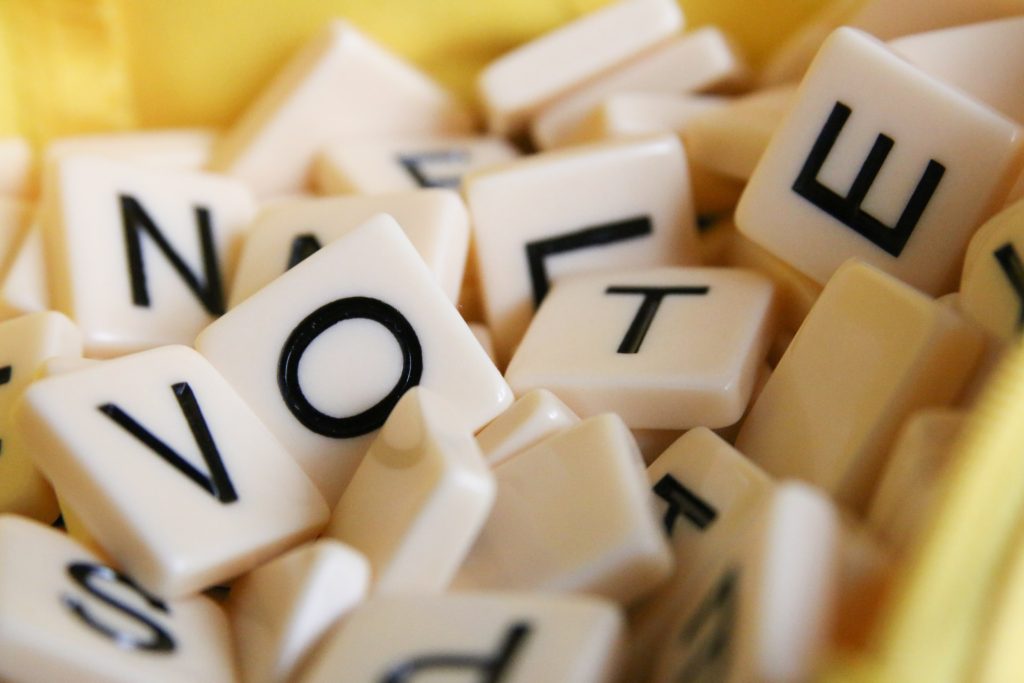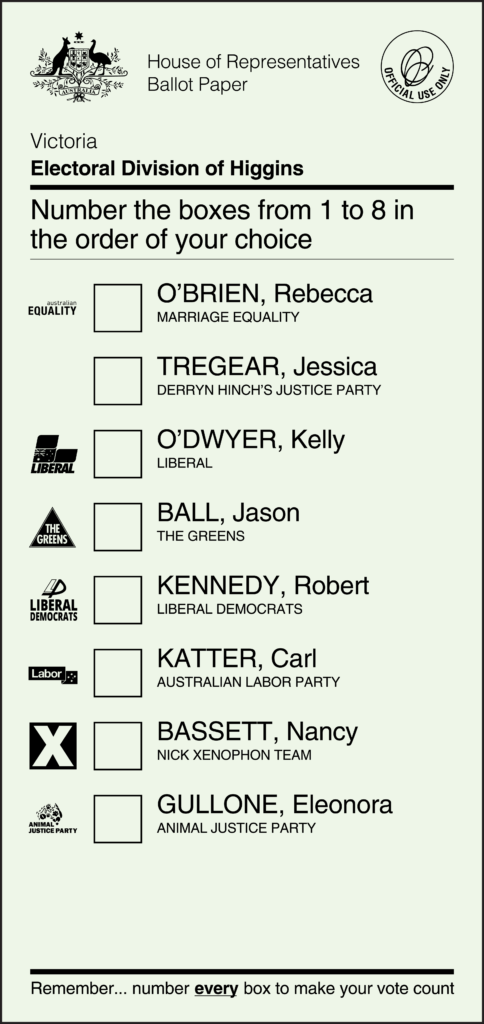
By Skyler Baldwin | Statewide advocacy groups are lauding a coming proposal by Charleston leaders who are asking the state legislature to allow municipalities to use instant-runoff voting, also known as ranked-choice voting, in future local elections.
Such a move would void the need for costly runoffs, say groups backing the proposal, including Better Ballot South Carolina, the S.C. Small Business Chamber of Commerce (SBCC), the League of Women Voters of South Carolina and Veterans for All Voters-South Carolina. They gathered Thursday in Charleston, united in their support for the resolution.
“We believe that instant-runoff voting is an election form that will strengthen our democracy as it has done in over 50 counties, cities and states across the country,” said Frank Knapp, president and CEO of the SBCC.
Outgoing Charleston Mayor John Tecklenburg is expected to propose the state’s first resolution on instant-runoff voting at the Dec. 19 Charleston City Council meeting. The resolution calls on state legislators to pass a new bill like H. 4022, a bipartisan bill introduced in February 2023. Currently in the S.C. House Judiciary Committee, it would allow municipalities to use instant-runoff voting as one of four election methods. H. 4022 is sponsored by S.C. Reps. Jermaine L. Johnson, D-Richland, and Neal Collins, R-Greenville.
“Instant-runoff voting allows for the elimination of traditional runoffs while still ensuring majority support,” Susan McHugh, a board member with Better Ballots S.C., said during a Dec. 14 press conference in Charleston. “It would save the city an estimated $200,000 per election, plus save voters time and energy going back to the polls for runoffs.”

Knapp said instant-runoff voting also leads to more positive election cycles.
“It encourages candidates to focus on problem solving instead of negative attacks and to listen to diverse opinions to find common ground instead of catering to a small vocal base,” he said.
Others agreed.
“Ranked-choice voting has the opportunity to move people to the middle and create a sense of camaraderie in our elections where we want to move toward solutions instead of creating more bitterness,” added Leslie Skardon, director of national issues for the League of Women Voters of South Carolina.
How it works
In the instant runoff voting system, voters rank as many candidates as they want on their ballot in order of preference. All first choices are tallied, and if a candidate receives more than half of the first choice votes, that candidate wins, just like in any other election.
But if there is no majority winner after counting first-choice votes, the race is decided by an instant runoff. The candidate with the fewest first-choice votes is eliminated, and voters who picked that candidate as their top choice have their second choices tallied instead.
This process continues until there is a candidate who wins with a majority of the votes.
“It’s about returning power to the people … and away from special interest groups,” said retired U.S. Army Col. Chris Himsl, who is a director of Veterans for All Voters.
A long time coming
Supporters say recent runoff elections in Charleston did not prompt the action behind this resolution. Rather, Knapp said, they have been pushing for this measure for years.
“Charleston has a reputation for being revolutionary and rebellious,” Himsl said. “Time to pull back those roots and be innovative here again.”
There is opposition to the proposal though. Last month, S.C. Rep. Bill Taylor, R-Aiken, filed H. 4591, a bill banning the use of ranked-choice voting ahead of the next legislative session. It currently resides in the House Judiciary Committee alongside H. 4022.
- Skyler Baldwin is a reporter with the Charleston City Paper. Have a comment? Send to: feedback@statehousereport.com


